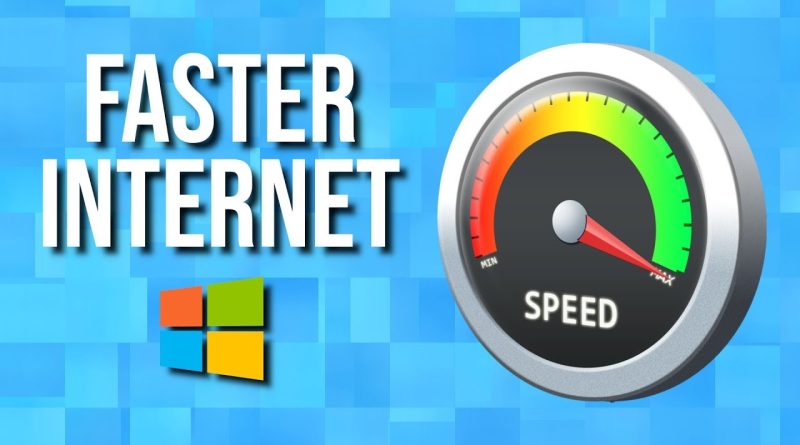How to Improve Your Internet Speed
Many home internet speeds suffer from low upload and download speeds, but it doesn’t have to be slow. There are ways you can speed things up without spending any extra cash.
Start by rebooting your router; doing this may help address any electrical issues causing a slow connection, while closing unnecessary background programs which use up too much bandwidth.
Update Your Browser
If you are using an outdated web browser, your connection speed could be suffering. Newer browsers are designed to provide more efficient performance, as well as features which aid faster website load times.
Security enhancements: Browser updates often include security patches to defend you against cyber threats and protect you from identity theft. These fixes help close gaps that hackers exploit to steal personal data.
Maintaining your browser updates is an effective and simple way to increase Internet connection speeds. No matter if you use Google Chrome, Safari, Microsoft Edge or Firefox; the steps for updating them all follow a similar format. Simply click on your browser name below for an easy guide on checking and downloading updates – then enjoy improved performance, compatibility and experience online!
Clear Your Cache
Cache and cookie clearing is key to maintaining fast internet speeds. An overly full cache may lead to web pages loading slowly or incorrectly, as well as display issues.
Clearing your cache should be easy with most browsers: just click on the three-dot menu, select More tools, then Clear browsing data, choose your time range and check boxes for Browsing history, Cookies and other site data, Cached images/files before clicking Clear.
Before making any adjustments, run an internet speed test over wired connection in order to establish a baseline and see if your speeds have improved; otherwise it might be time for upgrades in network hardware.
Clear Your History
If your laptop’s internet speeds have been gradually slowing, clearing its history can help address the issue by clearing all data collected by browser and making your favorite sites easier to navigate.
Unnecessary programs running in the background that consume bandwidth could also be contributing to slow internet speeds, so using AVG TuneUp could help remove all that junk that’s slowing your PC and restore some of the speed that has been lost.
Restarting your router and modem may also help, especially if the firmware programs or drivers have become ineffective. Furthermore, changing Wi-Fi channels or moving it altogether could help optimize performance as well.
Close Unused Tabs
If your browser is operating slowly, there could be several causes. From cached temporary internet files that haven’t been removed in a while to malicious cookies or even malware infections.
Fixing these issues is often straightforward and doesn’t require technical know-how to resolve. Simply perform regular maintenance tasks to keep your computer and browser operating at peak performance, such as using Brave which blocks ads and trackers by default to speed up browsing speeds. Furthermore, every tab that’s open takes away resources from your entire device, potentially leading to system lag or even crashes in extreme cases.
Turn Off Unnecessary Applications
Many devices such as TVs, video game consoles and old computers can hog bandwidth and slow download speeds significantly, potentially improving internet speeds significantly. By switching them off you may witness your internet speed improve significantly.
Windows 10 reserves approximately 20% of your bandwidth to conduct updates and sync data automatically in the background. If you would like more bandwidth available to you and thus increase your internet speed, feel free to adjust this setting and free up some bandwidth by decreasing this percentage.
Examine what programs and applications are draining away most of your bandwidth. Close any unnecessary apps – especially file sharing programs – using Task Manager to identify them and disable them. Lastly, connect to your router through Ethernet rather than WiFi; this can dramatically boost internet speeds.

